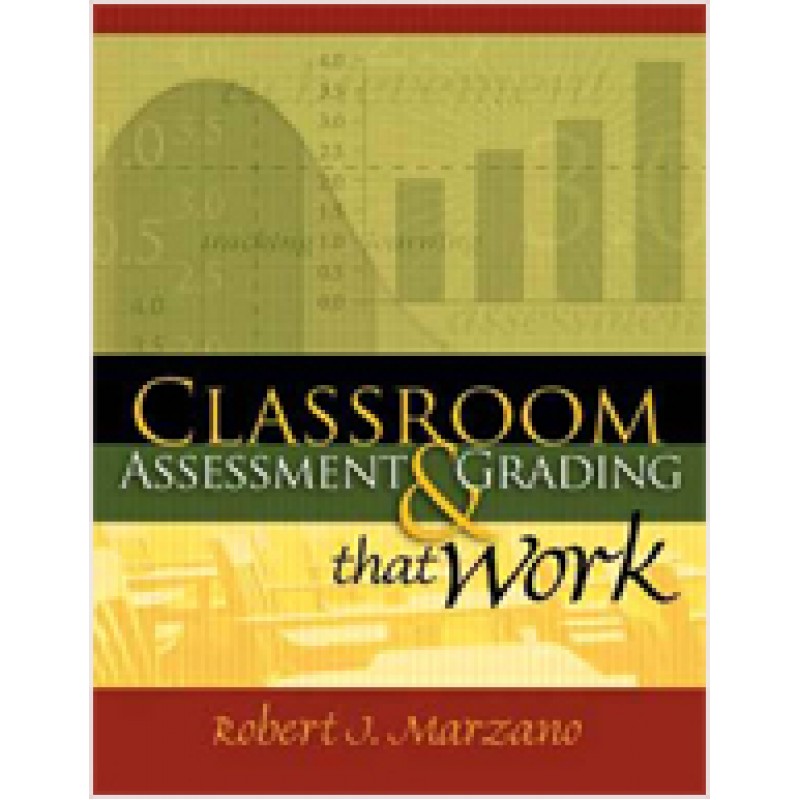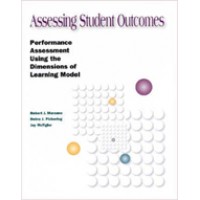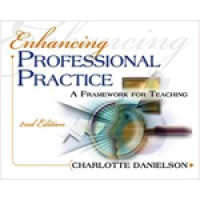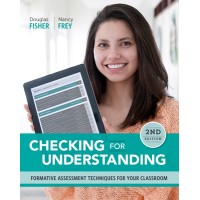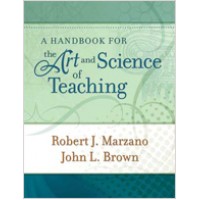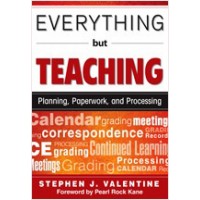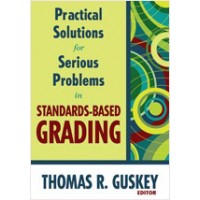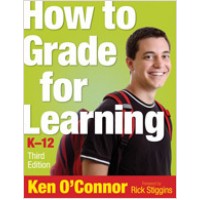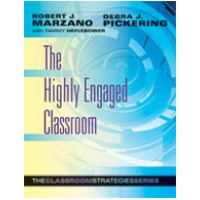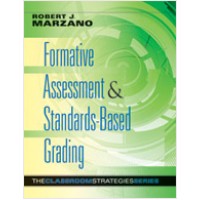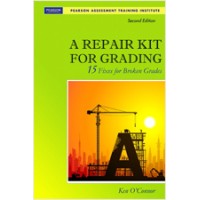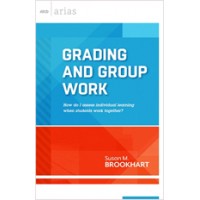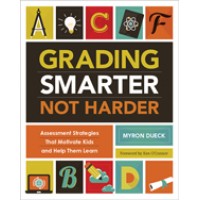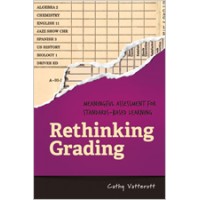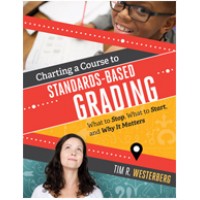Classroom Assessment and Grading That Work
| Author(s) | Robert J. Marzano |
| ISBN10 | 1416604227 |
| ISBN13 | 9781416604228 |
| Format | Paperback |
| Pages | 189 |
| Year Publish | 2006 January |
Synopsis
If you've ever questioned the logic of reducing a student's entire academic performance to a single test score or a vague letter grade, then here's a book that will revolutionize the way you think about assessment and grading. Drawing from years of in-depth research, Robert J. Marzano provides you with guidelines and steps for designing a comprehensive assessment program that ensures assessments and grades lead to timely, accurate feedback on specific, standards-based learning goals. Discover how classroom assessments--from quizzes and projects to term papers and tests--provide your school with the most powerful tool to boost achievement. Learn why point systems and score averaging are ineffective ways to grade students' progress. And get clear advice on how to immediately create better assessments for a single classroom or an entire system:
- Basic types of subject matter knowledge that need to be measured
- A three-step way to condense the huge amount of content in subject-area standards into small groups of measurement topics
- Five formats for assessment items and tasks and when to use each
- Two accurate ways to estimate a student's true score at the end of a grading period
- The ideal grade book for teachers to use to track academic progress
- Types of assessments and assessment techniques that encourage students to learn
- Report card formats that integrate useful feedback on learning with a traditional letter grade
- Best types of computer software for creating and managing formative assessments
- A three-phase approach to changing reporting systems to more accurately reflect student progress in learning
About the Author:
Dr. Robert J. Marzano is CEO and co-founder of Marzano Research Laboratory, which specializes in school reform efforts to enhance student academic achievement. Over his 40 years in education, the central theme of his work has been translating research and theory into practical programs and tools for teachers and administrators. He is the author of more than 30 books, 150 articles, and more than 100 curriculum guides and related materials for teachers and students.

